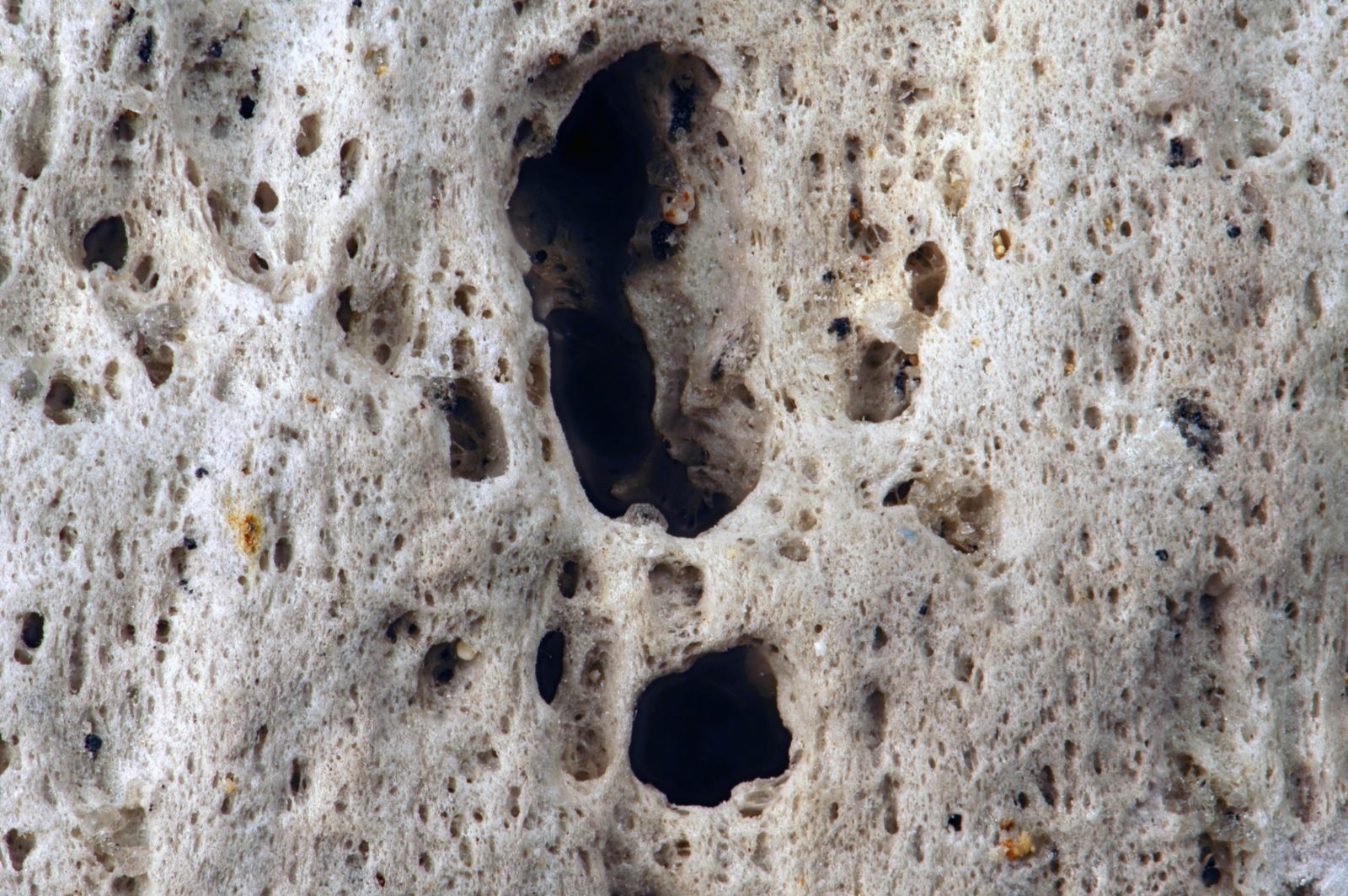The volcanic rock known as pumice is the only rock that can float in water

The Volcanic Rock That Defies Gravity: Pumice

Volcanic eruptions have fascinated humans for centuries. From the explosive force to the formation of various unique rock types, volcanoes have shaped our planet’s landscape in extraordinary ways. One such rock, known as pumice, has awe-inspiring characteristics that set it apart from all others. Pumice is not just any volcanic rock; it is the only rock that can float in water.
The Astonishing Floatability of Pumice
Pumice is a volcanic rock that forms when lava, containing high levels of gas and water, rapidly cools and solidifies. This rapid cooling traps the gas bubbles within the rock structure, resulting in a highly porous and lightweight material. The distinctive feature of pumice is its ability to float effortlessly on water.

The Science Behind Pumice’s Buoyancy
The secret behind pumice’s buoyancy lies in its porous nature. The rock’s unique structure consists of countless interconnected vesicles, which are cavities formed by the trapped gas bubbles. These air-filled vesicles reduce the overall density of pumice and make it less dense than water. Thus, pumice floats when placed on the surface of water.
Applications of Pumice
Pumice’s buoyancy and lightweight properties make it a versatile material with several practical applications. One prominent use of pumice is in the construction industry. The rock is often ground into fine powder or used as aggregate in lightweight concrete, which has excellent insulation and sound absorption properties. Pumice is also utilized in horticulture as a soil amendment due to its ability to retain water and improve soil aeration.
Unique Volcanic “Rafts”
Pumice’s ability to float has intriguing consequences when volcanic eruptions occur underwater. During such events, enormous volumes of pumice can be ejected, forming gigantic floating rafts on the ocean’s surface. These pumice rafts can span vast areas, sometimes even covering hundreds of square kilometers. As they float, these rafts become a means of transport for marine organisms, allowing them to migrate and colonize new areas.
In Conclusion
The volcanic rock known as pumice is a remarkable natural wonder. Its lightweight and porous structure make it the only rock capable of defying gravity and floating in water. Pumice’s unique properties contribute to its various applications in construction and horticulture. Moreover, during underwater volcanic eruptions, pumice forms extensive floating rafts that serve as platforms for marine life to disperse and establish new habitats.
Source: BBC Newsround
Related Posts
Quick Links
Legal Stuff

